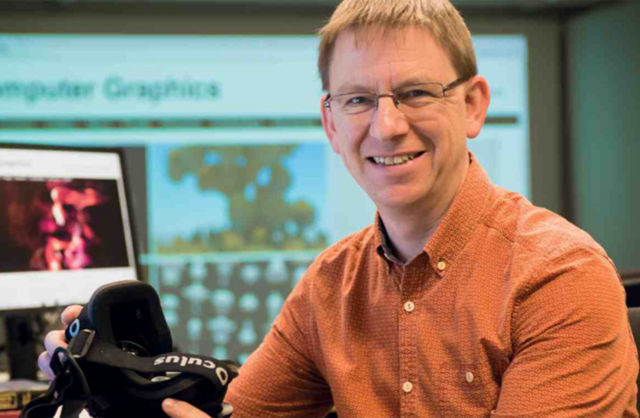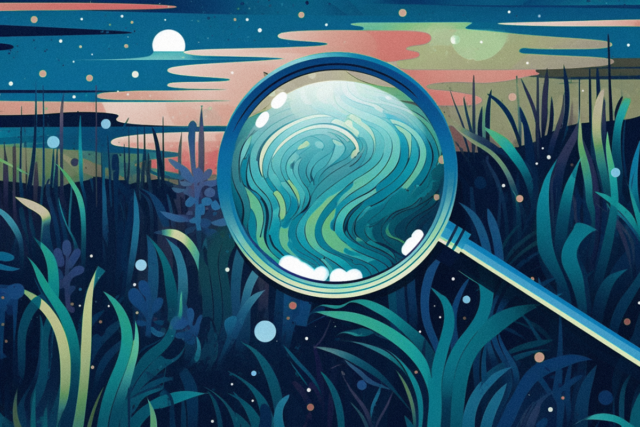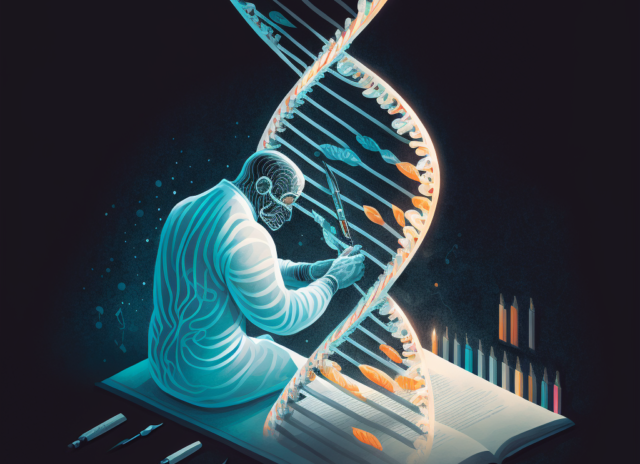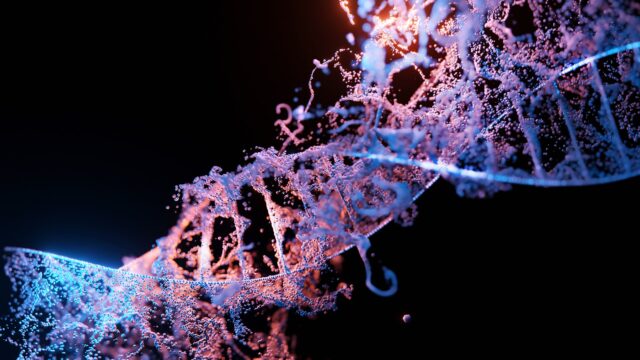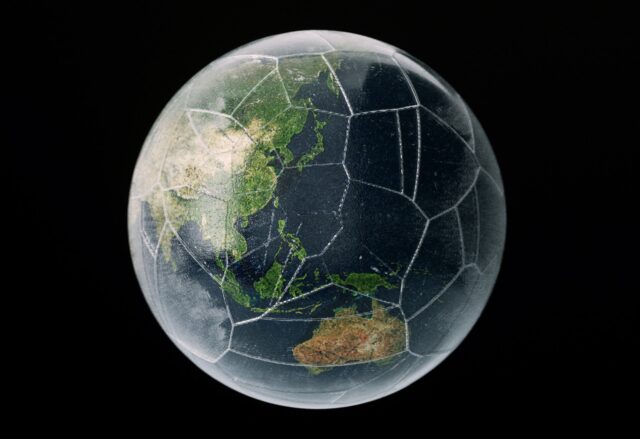
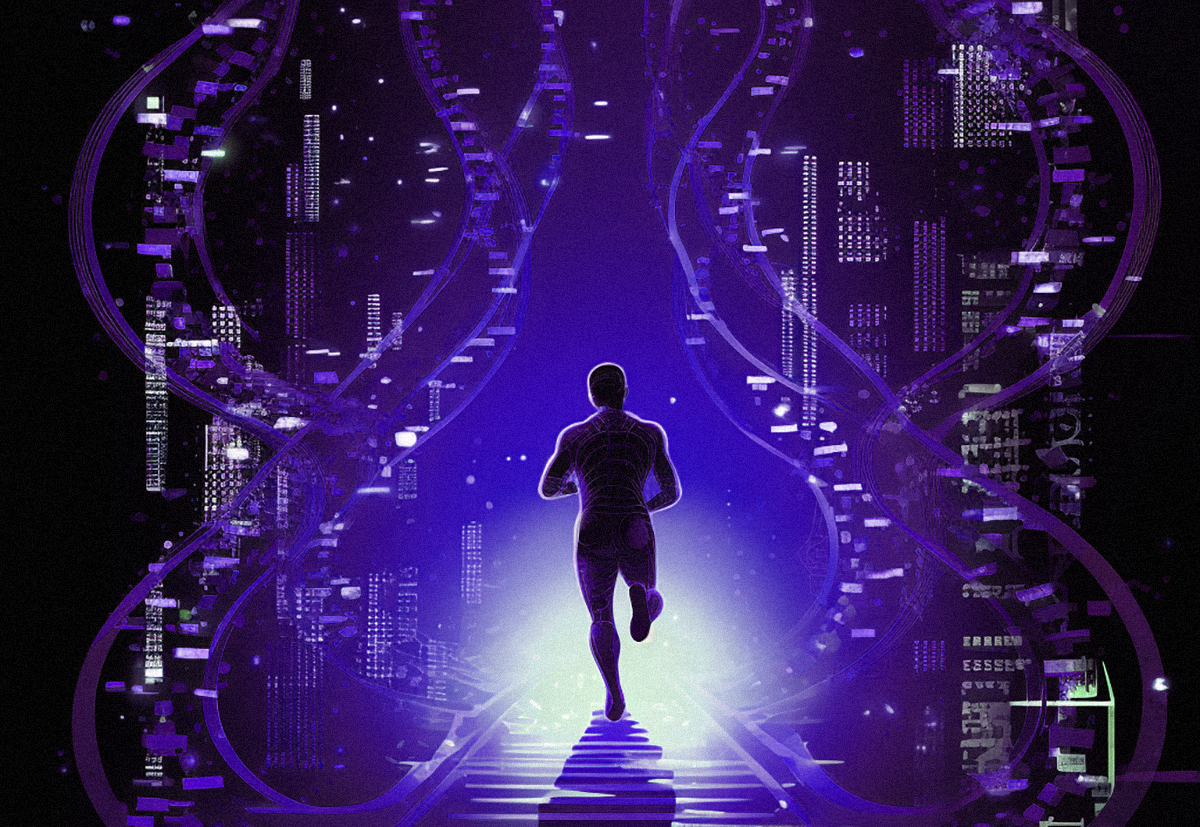
Originally published in The Melbourne Anglican.
ISCAST opinion articles invite writers to share their perspectives on various science–faith topics to generate a constructive conversation. While ISCAST is committed to orthodox Christian faith and mainstream science, our writers may come from a range of positions and do not represent ISCAST.
Last month, I had dinner on Southbank with an acquaintance—we’ll call him James. We shared our common stories of faith, engineering, and our aspirations for our children and the future.
But despite the things we have in common, James and I part ways when it comes to the future of humanity. How so?
James is a leader in the US-based Christian Transhumanist Association, and he believes it is our God-given responsibility to use technology to enhance human beings without limit.
In contrast, I am concerned that a Christian transhumanist position misses the mark on where our hope really lies.
For instance, what would you say to Dave, who says he will live indefinitely because medical science will be able to replace his organs and slow the ageing of his brain? It costs a lot, but Dave can afford it. And, he says, we all have a right to do what we like with our bodies.
Or, what would you say to Carol and her husband Roger who plan to have a baby boy called Ocean for Christmas next year? Next month, they are going create 20 test-tube embryos. Then they will do preimplantation genetic screening on the male embryos to select the one that is likely to be the most intelligent. Perhaps they will also genetically modify Ocean to enhance their capacities. Then, in March next year Ocean will be implanted in Carol.
Such are the dreams of the transhumanist movement, which, in the extreme, offers life everlasting. Given the progress of medicine, according to some gurus of transhumanism, young people today can expect to live forever.
One path to eternal life is the purely medical one, that Dave looks forward to.
However, further into the realms of what sounds like science fiction are transhumanist hopes that one day we will be able to map and download all the information stored in a human brain.
As you age and your limbs get creaky, how would you feel about all your brain content being downloaded to the hard drive of an android? It would be a robot body, with your brain running the show. Proponents argue that if the essence of a human being is the information contained in the brain, and if the body can be separated from that information, then the information that makes you you could be downloaded to a hard drive. And then, surely, it could be uploaded to the cloud. So, you would be there, stored somewhere in cyberspace.
These are the dreams of techno-optimists who think that biology has brought us so far, but it is time we hurried the process using the best of science and technology. In a move that takes us from therapy to enhancement, they say that we don’t just want to be well, we want to be better than well.
To quote one famous transhumanist proponent, Ray Kurzweil, ex director of engineering at Google, “We’re going to get more neocortex, we’re going to be funnier, we’re going to be better at music. We’re going to be sexier. We’re really going to exemplify all the things that we value in humans to a greater degree.”
So why am I worried?
On the one hand, this blending of humans and machines is not new, and it is not all bad. Committed Christian Graeme Clark from Melbourne created one of the world’s first successful bionic devices—the bionic ear, the first recreation of a human sense.
Yes, God has given us the calling and often the means to restore people to what we might loosely call, normal human functioning. But the ideology of transhumanism goes further.
For the transhumanist, normal human functioning is an arbitrary limit. Why not use technology to enhance human physical and mental capacities beyond normal human functioning? Why not prolong and “improve” human life as far as possible?
We already have the basics of the technology necessary to continuously repair the body. Just last year researchers used the CRISPR technique to remove a gene that caused cells to stop reproducing. Meanwhile 3D printers are already used to build up tissues layer by layer.
Who knows how long it will be before you can order a 3D printed kidney made to your own biological specifications?
But for Christians there are at least four theological challenges to transhumanist visions of a humanly created utopia.
Our theology of sin
Firstly, our theology of sin. For Christians, sin runs much deeper than the things that an Oxford philosopher might want to weed out of the human genome. Sin, for Christians, is an illness that only God, in his healing work in Jesus Christ, is able to minister to and ultimately heal.
To think that science could purify the human race, is, from a Christian point of view, just absurd.
This leads to the second issue for Christians.
Our theology of redemption
For transhumanism, redemption is within this material non-transcendent world. Christians, however, wait for God to transform all things, to bring in the new heavens and the new earth (Revelation 21).
Christians wait for the redemption of all creation (Romans 8). We do not live under the delusion that we can save ourselves. Our hope is in the saving work of Jesus Christ to deliver us from the consequences of sin and the brokenness in our earthly lives. Our hope is not in genetics to reverse the story of Genesis chapter 3.
Our theology of the body
Christian hope is found in the resurrection of the body. We do not believe that humans are X terabytes of information loaded up to a physical body.
1 Corinthians 15 is very clear, along with the gospel testimony of the resurrection, that human bodies are very much part of who we are. “The Word became flesh and dwelled among us,” (John 1) is the ultimate affirmation of our physical, bodily personhood, created in God’s image, but created with a body. Christians cannot go along with a view that says our essential self could be saved as data on a hard disk.
Our theology of everlasting life
Finally, Christians await the new heavens and the new earth, inaugurated by God in his time and not in ours. We embrace the responsibility to be creative, to prevent suffering, to restore normal human functioning, even to prolong life. But we do not prolong life at all costs. And we do not prolong life in the interests of fleeing from death and our ultimate encounter with God face to face.
So, where does that leave us? I think James and I need to meet for dinner again. Together we might agree, along with secular transhumanist idealists, that things could be better and that there are things that could be improved with the world and humanity.
However, we would disagree about the four issues above. The Christian Transhumanist Manifesto makes no mention of sin, salvation, the person and work of Christ, and the hope of everlasting life after death.
The implicit message of the CTA is that all these historic Christian beliefs can be “fixed” or replaced by the advance of science. The explicit message of the Scriptures is that, despite our best and worthwhile efforts at alleviating suffering, it is only the triune God who can ultimately make things right.
Chris Mulherin is an Anglican Minister and the Executive Director of ISCAST–Christianity and Science in Conversation. He is the author of Christianity and Science: Understanding the Conflict Myth.

